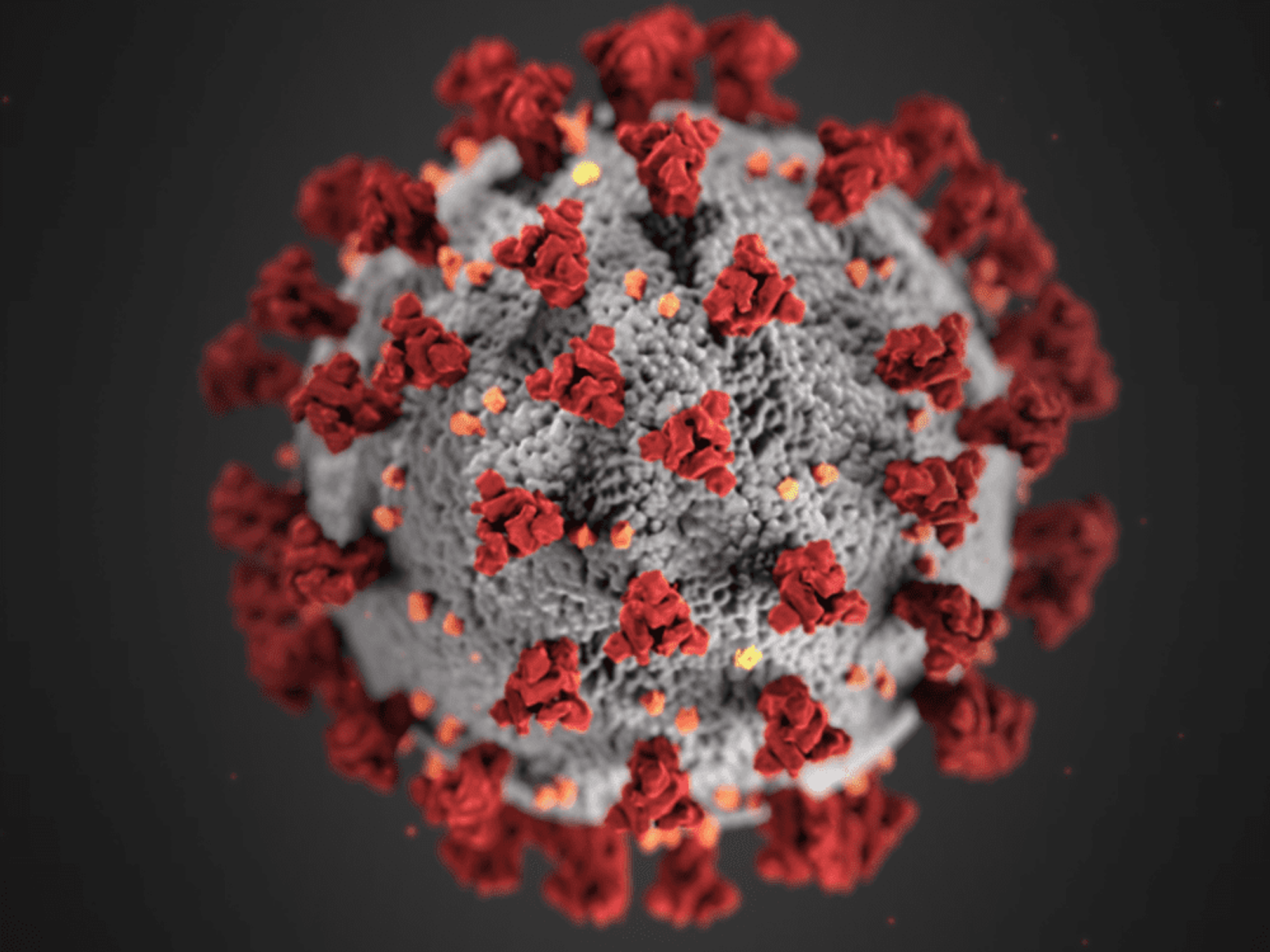Coronavirus News
Coronavirus cases are surfacing in Dallas-Fort Worth, but don't panic

The coronavirus has officially hit Dallas-Fort Worth, with two cases in Dallas, one in Tarrant County, and three in Collin County.
A case also surfaced in East Texas.
Dallas County confirmed its first presumptive positive case on March 9. Presumptive is the word of the day; all of the coronavirus cases are being described as "presumptive," meaning "of the nature of a presumption; presumed in the absence of further information."
The first Dallas case is a 77-year-old with an extensive travel history who traveled out of state. The individual is currently being treated at a Dallas-area hospital. The second case in Dallas is an acquaintance of that 77-year-old. Maybe his wife.
According to a March 10 release from the city of Fort Worth, the Tarrant County patient traveled to a conference in Kentucky at the end of February. Tarrant County health officials did not reveal the patient's identity.
"Because of the sensitive nature of this information, we are not allowed to provide specific information about the patient," said Tarrant County Public Health Director Vinny Taneja in a statement.
In Collin County, the patients are a Frisco couple and their 3-year-old child; the couple has three other children who are not affected. The man took a business trip to Silicon Valley in February and began experiencing symptoms in late February-early March.
Every story about coronavirus must end with advice on preventing infection and further spread, and those are to observe the precautions you might take to avoid the flu.
To wit:
- Wash your hands often with soap and water, or use an alcohol-based hand sanitizer.
- Avoid touching your face, eyes, nose, and mouth.
- Avoid close contact with people who are sick.
- Stay home if you get sick.
- If you cough or sneeze, cover it with a tissue, then throw the tissue in the trash.
- Clean and disinfect objects and surfaces.
For most people, the coronavirus causes only mild or moderate symptoms, such as fever and cough. For some, especially older adults and people with existing health problems, it can cause severe complications, including pneumonia.
